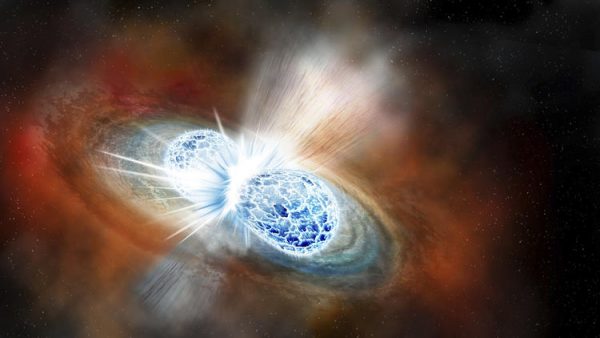
Scientists Witness Birth of New PlanetScientists Witness Birth of New Planet In a groundbreaking scientific discovery, a team of astronomers has witnessed the birth of a new planet in real-time. This extraordinary event, captured through powerful telescopes at the Gemini Observatory in Chile, marks a significant milestone in the understanding of planetary formation. The nascent planet, designated as HD 169142 c, is located approximately 140 light-years away in the constellation Scorpio. It is forming around the young star HD 169142, which is about 10 million years old – a mere infant in the cosmic timeline. Astronomers have long theorized about the processes involved in planet formation, but observing the birth of a planet directly has been elusive. Using advanced adaptive optics technology, the research team was able to correct for the distortions caused by Earth’s atmosphere, providing an unprecedented view of the circumstellar disk around HD 169142. In the disk, which is made up of gas and dust, the researchers detected a bright, compact object that was not there in previous observations. This object, they speculate, is a protoplanet – a precursor to a fully formed planet. The protoplanet is roughly the size of Jupiter and is estimated to have a mass of about 10 times that of Earth. As the protoplanet accretes more and more material from the surrounding disk, it will grow in size and mass. Over time, it is expected to cool and solidify, eventually becoming a fully fledged planet. The birth of HD 169142 c provides scientists with invaluable insights into the early stages of planet formation. By studying the dynamics of the circumstellar disk and the growth of the protoplanet, they can gain a better understanding of how our own Solar System came into being billions of years ago. This discovery also raises tantalizing questions about the prevalence of planets in the universe. If protoplanets are common around young stars, it suggests that there may be countless exoplanets yet to be discovered. The continued observation of HD 169142 c and other protoplanetary systems will undoubtedly shed further light on the origins and evolution of planets. This groundbreaking discovery marks a new era in astronomy, where scientists can witness the very beginnings of planetary life.
Posted inNews